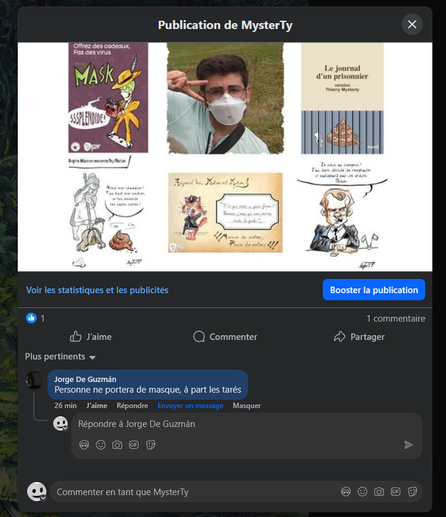From the UK
Evidence of Accumulating Neurophysiologic Dysfunction in Persistent Post-COVID Fatigue
http://medrxiv.org/lookup/doi/10.64898/2025.12.19.25342669
Screenshot from latest Science for ME weekly update
@longcovid
#LongCovid #PASC #PwLC #postcovid #postcovid19 #LC #Covidlonghaulers #PostCovidSyndrome #longhaulers #COVIDBrain #NeuroPASC
#Coronavirus
#COVID19 #COVID #COVID_19 #COVIDー19 #SARSCoV2 #auscovid19 #CovidIsNotOver





